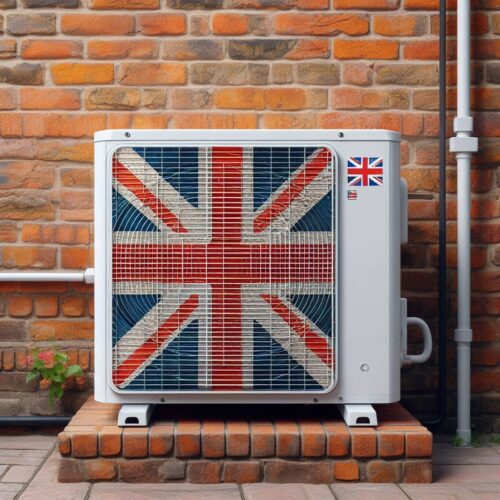Household Energy Security in 2030
'Energy patriotism' could slash homes' foreign energy dependence by 80%, and new North Sea oil and gas ‘largely irrelevant’ for energy security
Last updated:
Executive Summary
A typical household with a gas boiler and typical demand for electricity and gas, and that drives typical annual mileage in a petrol car, will rely upon 17MWh of imported energy in 2024. This is 67% (two-thirds) of the total primary energy needed to meet this household’s needs for heating, power and fuel. The other third will be met by UK sources of energy, including oil, gas, biomass and renewable electricity.
For these households that predominantly use fossil fuels, energy imports are set to rise further by 2030, and beyond, as UK production of oil and gas declines, irrespective of new licences.
Without any more UK renewables or any net zero upgrades for the household, and even if new licences for oil and gas resulted in increased production, a typical household in 2030 would use as much energy as today and would rely on over 20MWh of imported energy, an increase of 3MWh (20%).
The only way that households can become less reliant on imported energy and boost their use of UK energy is to adopt technologies that cut oil and gas demand – primarily energy efficiency, electric heat pumps and electric vehicles. And the electricity to power these technologies will become more secure as more UK renewables are built.
In 2030 with faster trends in renewables and even without new oil and gas licences, a household with energy efficiency at EPC C, an electric heat pump and an electric vehicle will require only 3.4MWh of primary energy imports. That is, if a typical household can make these upgrades, with support where necessary, and if the UK makes good progress with renewables to power electrical technologies, then this household could reduce its annual energy imports of 17MWh in 2024 by almost 14MWh by 2030, a cut of 80%.
Comparing the scenarios for 2030, the 3.4MWh/yr of imported energy used by the net zero household supported by more UK renewables would be almost 85% lower than the more than 20MWh/yr of imported energy used by the home without upgrades if there were no new UK renewables and the UK continues licencing oil and gas exploration.
